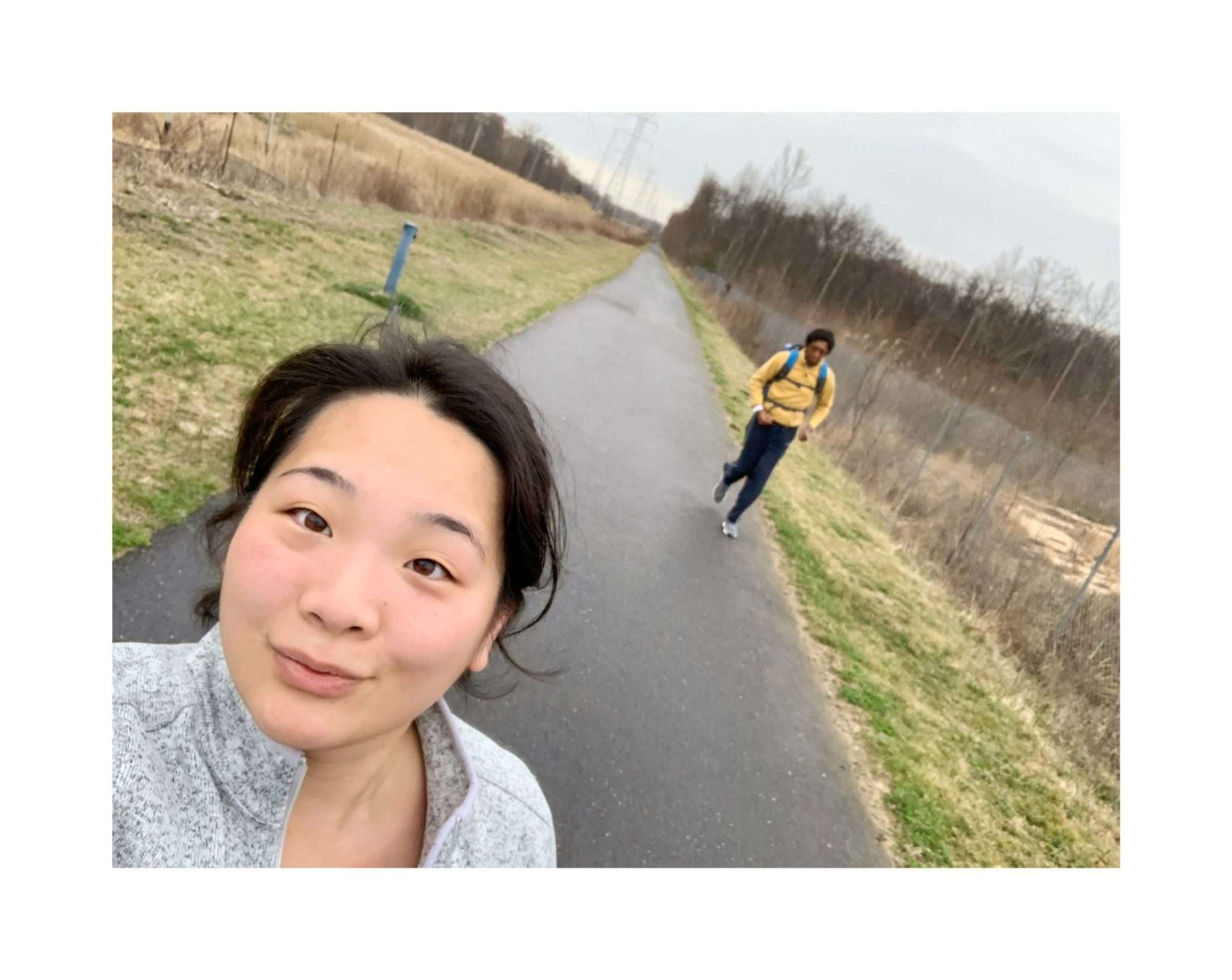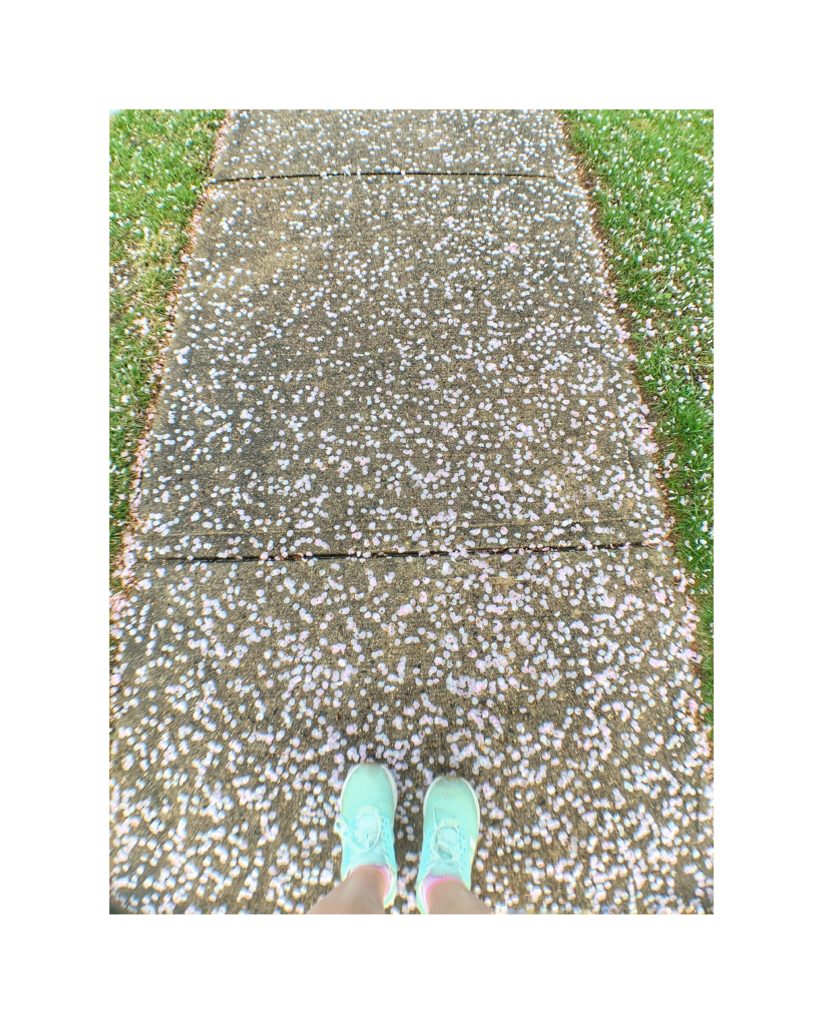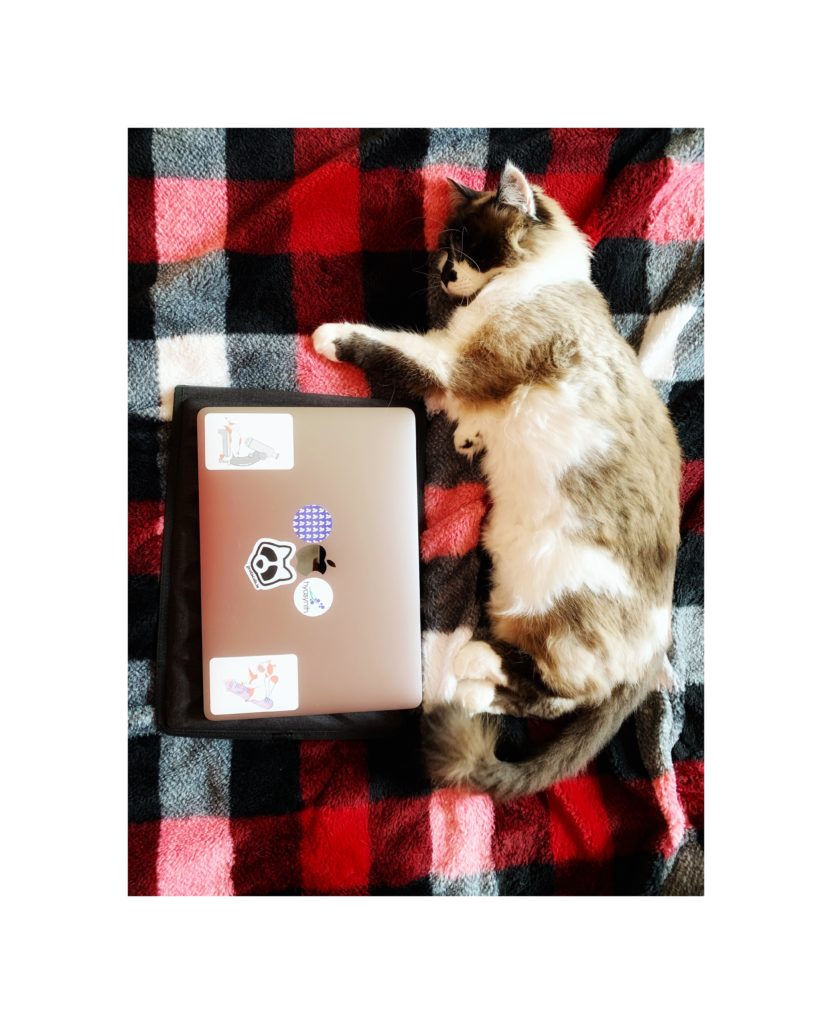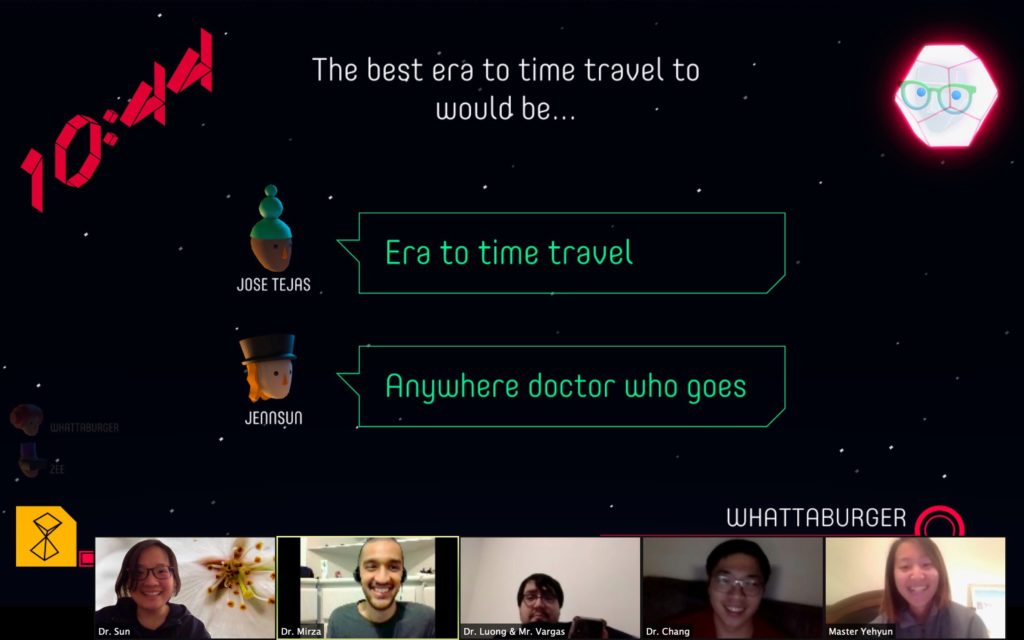
Courtesy of Jennifer Sun
Jennifer Sun GRD ’19 begins every day in quarantine by running several miles around her housing development in Marlborough, New Jersey. For every mile she runs, she snaps a photo of surrounding foliage with a camera lens attached to her phone, a recent purchase borne of her burgeoning photography hobby.
Sun is used to commuting two hours every day to her job as a researcher at Princeton University, and for her, the new pace of life brought about by the COVID-19 crisis has afforded the opportunity to slow down a little.
“It’s weird,” Sun said. “[Being] able to spend a bit of time for myself, I can actually see the seasons changing — [I] never get to appreciate the flowers turning into leaves.”
Sun, a 2019 alumna of Yale’s molecular, cellular and developmental biology graduate program, is nearly three weeks into a work-from-home regimen precipitated by New Jersey Gov. Phil Murphy’s March 30 order closing all non-essential businesses. As a postdoctoral fellow conducting research in the lab of Princeton molecular biology chair Bonnie Bassler, Sun and her colleagues remained at work longer than others in New Jersey, currently the state second-most impacted by cases of the novel coronavirus.
According to Sun, she and her colleagues began monitoring the outbreak in January, out of concern for Princeton students studying and traveling in China. In February, she said, her lab and other labs at the university began stockpiling supplies they might need in the course of their research — enough to last up to a year — in preparation for the possibility that factories manufacturing those materials might shut down temporarily or permanently due to the pandemic.
That month, she received an email from Bassler informing her researchers that their lab would stay open “until the state of New Jersey [had] an official word that Princeton University [had] to shut down,” Sun said.
“Even when they said non-essential people had to go home, Princeton fought to stay open because they knew that researchers like us can’t do any work from home,” Sun said. “They were trying really hard to protect our jobs and our progress.”

Still, Sun and some of her colleagues began to feel uncomfortable coming into work, especially given the close quarters of a lab setting. New Jersey’s 8 p.m. curfew, too, posed a problem for Sun, between her late hours at work and long commute.
Sun said that when members of the lab voiced their concerns, Bassler told them that rather than use paid days off from work — of which postdoctoral fellows get few — it would be acceptable for them to stay home so long as they used the time productively. More senior members of the team went home earlier, Sun said, but she and other newer researchers stayed. They wanted to collect as much data as possible before being sent home, so they could analyze it remotely.
Princeton “definitely should have enacted [work-from-home measures] faster,” Sun said. She noted that peer institutions like Yale, Harvard and Stanford shut down weeks before Princeton, despite those schools having few or no confirmed cases of COVID-19 and being located in states with comparatively lower infection rates.
“Every day [Princeton] would email us saying, ‘Okay, so three more staff [members] tested positive, but we’re still going to keep working,’” Sun said. “That was not the email we wanted to get — that’s crazy.”
She and her colleagues finally went home on March 30, after the New Jersey government informed Princeton that researchers were not considered essential. Sun took only her laptop with her — there’s little work done in a lab that can be replicated at home.
Sun’s new routine bears little resemblance to her typical workday. In the morning, she runs several miles before checking in with her lab team on Zoom. The researchers are spending most of their time now conducting literature searches and writing papers on topics related to work done in their lab, so Sun tries to write roughly one paragraph per hour. They’re also taking supplementary courses through free platforms like Coursera, “brushing up” on subjects like computer science and neuroscience.
The team checks in again around five in the afternoon, with the occasional Zoom group dinner or happy hour. Sun gets a little more reading done after dinner, and usually takes a walk in the evening.
She said that she isn’t sure if her team’s work will carry them past the month of April.
“I think we might have hit the ground running a little too fast,” Sun said. “Now we’re at the point where we have perfect-looking papers, and people have designed all the experiments they’re going to design. I don’t know if we can last many more months.”
Sun lives with her husband — a professor at several regional universities — and her mother, a former health aide, and said they’re all going “a little stir crazy” in quarantine. But she feels lucky to live in a house big enough to give everybody some breathing room, and said the family cat keeps them entertained, too.

On the weekends, they connect with extended family members living in New Jersey and New York via Zoom. Before Gov. Murphy’s April 7 decision to shutter all county and state parks and forests, they also took long hikes every weekend.

“I do understand [that] families with kids can’t go very far, and those parts of the trails become crowded,” Sun said. “But for the people who were using [the trails] for 15-mile hikes, [we] were very upset.”
Olivia Tucker | olivia.tucker@yale.edu
This story is part of a larger series profiling Yale and New Haven community members during the COVID-19 pandemic. To read more, click here.







